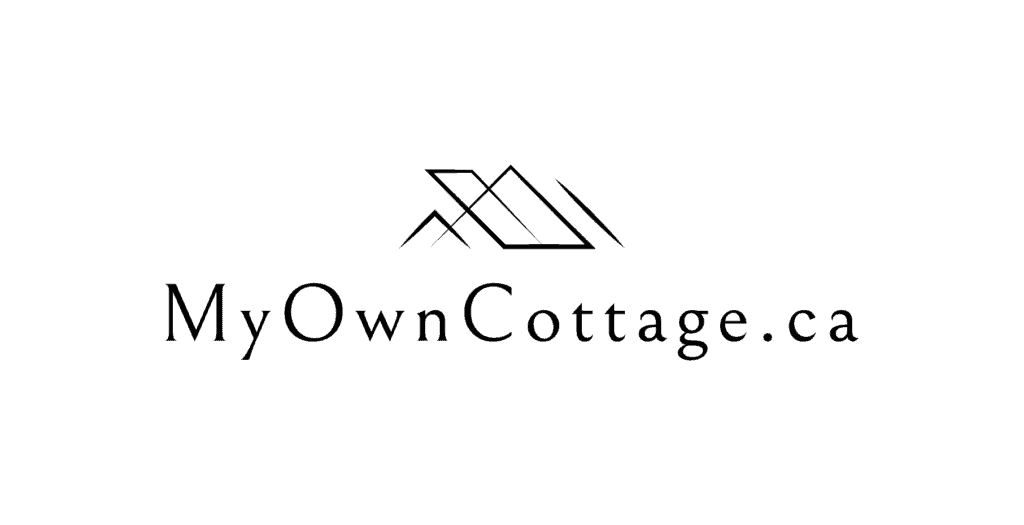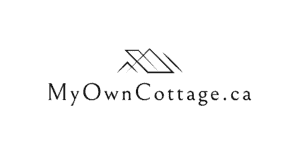Pro Tip: By prioritizing these certifications, homeowners can ensure their modular home meets high sustainability and quality standards, contributing to a healthier planet and a more comfortable living space.
FAQ
Sustainable Features of Modular Homes
Modular homes are built in controlled factory environments, reducing construction waste. They often use energy-efficient designs and materials, making them more eco-friendly compared to traditional construction methods.
Common sustainable materials include recycled steel, bamboo flooring, reclaimed wood, low-VOC paints, and insulation made from recycled materials like denim or cellulose.
Modular homes often include energy-efficient windows, advanced insulation, solar panels, and energy-saving HVAC systems. The precision of factory construction ensures tight seals, reducing heat loss.
Yes, modular homes can be designed to incorporate renewable energy systems such as solar panels, geothermal heating, and wind turbines, making them highly adaptable to sustainable technologies.
Modular homes can achieve certifications like LEED (Leadership in Energy and Environmental Design) or ENERGY STAR if they meet specific sustainability and energy efficiency criteria.
Modular homes can include features like low-flow faucets, water-saving appliances, and rainwater harvesting systems to reduce water usage and encourage conservation.
Yes, modular homes are designed to be highly durable, often using stronger materials due to the need for transportation. Their precision-built components ensure long-term structural integrity.
Sustainable modular homes can lower utility bills due to energy efficiency and reduce long-term maintenance costs. They may also qualify for green building incentives or tax credits in some regions.
Factory-built modular homes use fewer resources, generate less waste, and require fewer site deliveries, reducing transportation emissions. Their energy-efficient designs further decrease operational carbon footprints.
Absolutely. Modular homes are highly customizable, allowing you to choose eco-friendly materials, energy-efficient appliances, and renewable energy systems to meet your sustainability goals.

